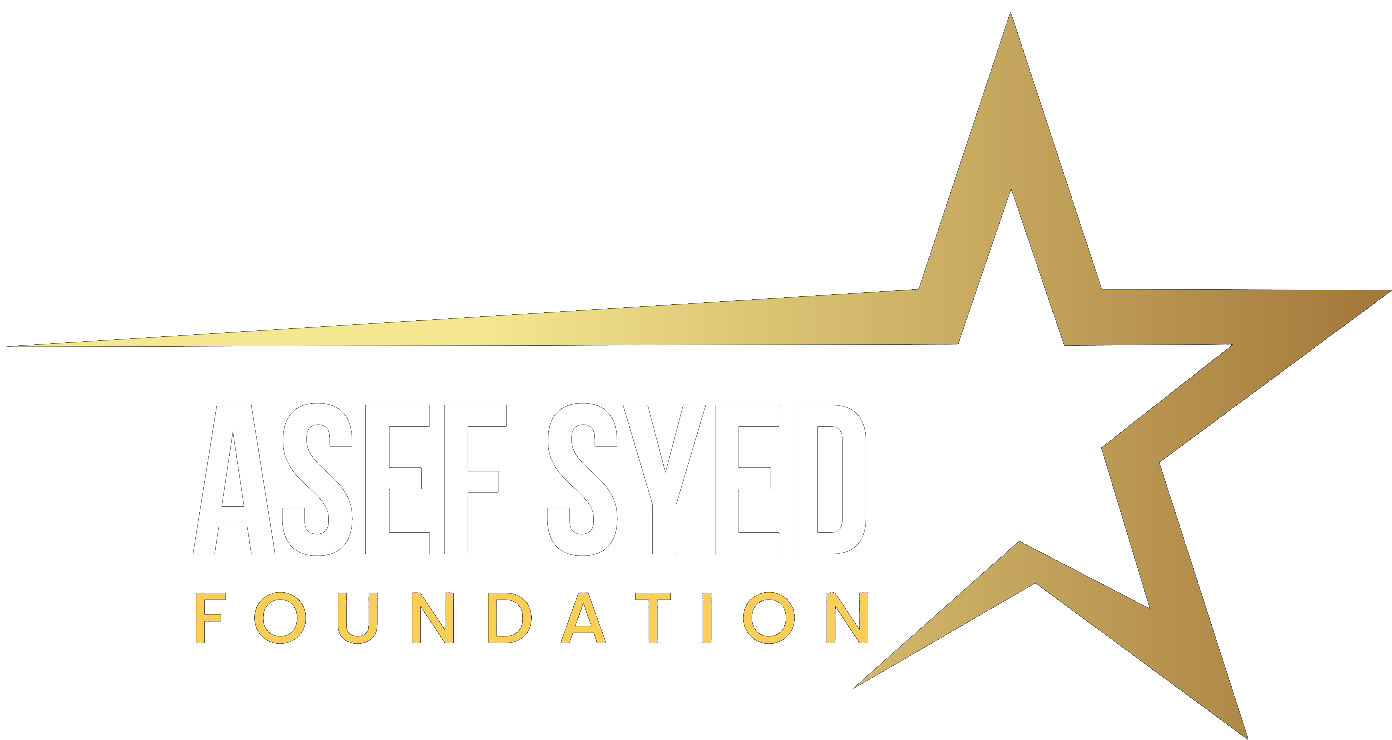The Muslim world today faces a crossroads. Despite vast natural resources, strategic geography, and a rich spiritual and intellectual heritage, much of the Ummah remains politically fractured and economically dependent. The lack of self-determination—both in governance and in economic systems—has left Muslim nations vulnerable to corruption, exploitation, and manipulation by global powers. To rise again, the Ummah must reclaim its ability to chart its own destiny.
1. The Legacy of Dependence
Colonialism not only divided the Muslim world into artificial borders but also instilled systems of governance and economics alien to Islamic principles. These systems often served external interests rather than the needs of the people. Post-independence, many Muslim nations continued to operate within this framework, relying on international loans, foreign advisors, and imported ideologies. The result has been cycles of debt, underdevelopment, and political instability.
2. Political Self-Determination
True independence begins with governance rooted in the values, history, and aspirations of the people. For the Ummah, this means moving away from imported systems that serve elite interests and embracing models of governance that reflect the Qur’an and Sunnah. Political self-determination empowers the Muslim world to:
- Break free from foreign interference in decision-making.
- End corruption by holding leaders accountable to divine principles rather than external approval.
- Unify fractured communities under a shared sense of belonging, transcending artificial borders.
3. Economic Self-Determination
Without economic independence, political sovereignty is an illusion. Today, many Muslim countries rely on foreign aid, Western banking systems, and export of raw resources controlled by global corporations. Economic self-determination requires:
- Building self-sufficient industries within the Muslim world.
- Establishing Islamic financial systems that reject exploitative interest-based models.
- Encouraging intra-Ummah trade, reducing dependence on non-Muslim markets.
- Investing in education and technology to empower future generations.
4. Why It Matters
Self-determination is not simply about rejecting external influence—it is about affirming dignity. The Qur’an calls upon believers to be leaders of justice, witnesses for truth, and guardians of trust. When Muslims determine their own political and economic systems, they are not only serving themselves but also setting an example of justice, fairness, and prosperity for the world.
5. Can It Be Done?
Yes. The foundations for self-determination already exist. The Ummah holds vast natural wealth, a young population, and an unmatched spiritual tradition that inspires resilience. The challenge lies in uniting intellectual resources, building institutions of integrity, and nurturing leaders who place the Ummah above personal gain.
6. The Path Forward: Intellectual Revival, Not Bloodshed
History shows that revolutions based on violence often reproduce the very corruption they seek to destroy. The Ummah’s revival must therefore come through intellectual jihad—a struggle of ideas, ethics, and education. By reforming minds and nurturing a culture of accountability, self-determination can be achieved peacefully and sustainably.
Conclusion: Hope for the Future
Self-determination is not a dream—it is a responsibility. The Ummah’s survival, dignity, and prosperity depend on reclaiming its political and economic sovereignty. A true revival of the Islamic spirit, grounded in the principles of justice, consultation (shura), and accountability to Allah, can transform our current dilemmas into opportunities.
The question is no longer whether self-determination is possible. The question is: are we ready to rise above division, embrace unity, and shape our destiny with courage and wisdom?


